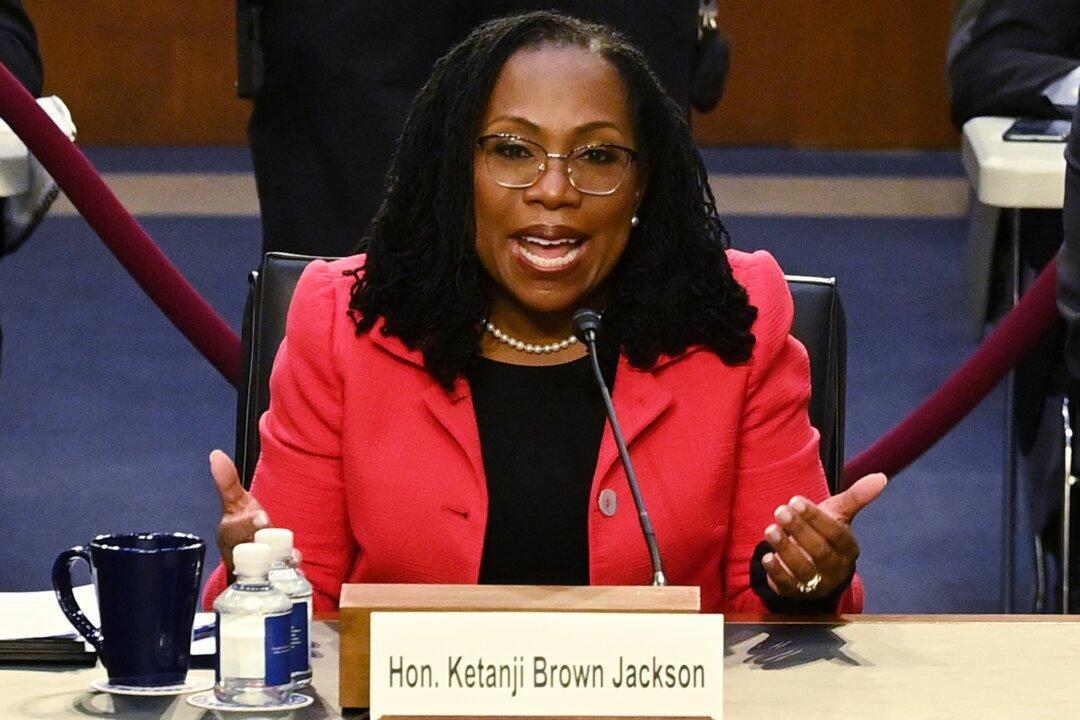The Supreme Court sided with 30 states that challenged Delaware’s practice of seizing unclaimed funds from customers of payments giant MoneyGram, ruling on Feb. 28 that the money left over from abandoned money orders may be taken by the state in which the money order was purchased.
Because MoneyGram is incorporated in Delaware, that state reasoned that it was entitled to the abandoned funds from unclaimed financial instruments such as money orders issued by the company. Delaware, the home state of President Joe Biden, is a center for financial services companies and with its business-friendly courts is where many of the nation’s largest businesses are incorporated.





